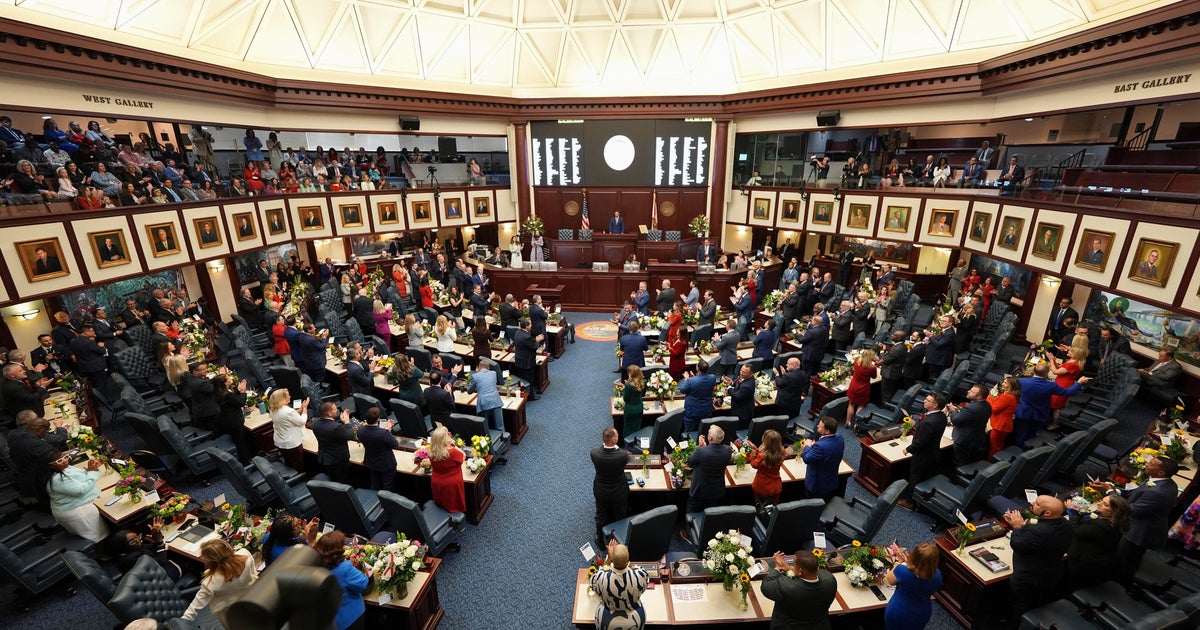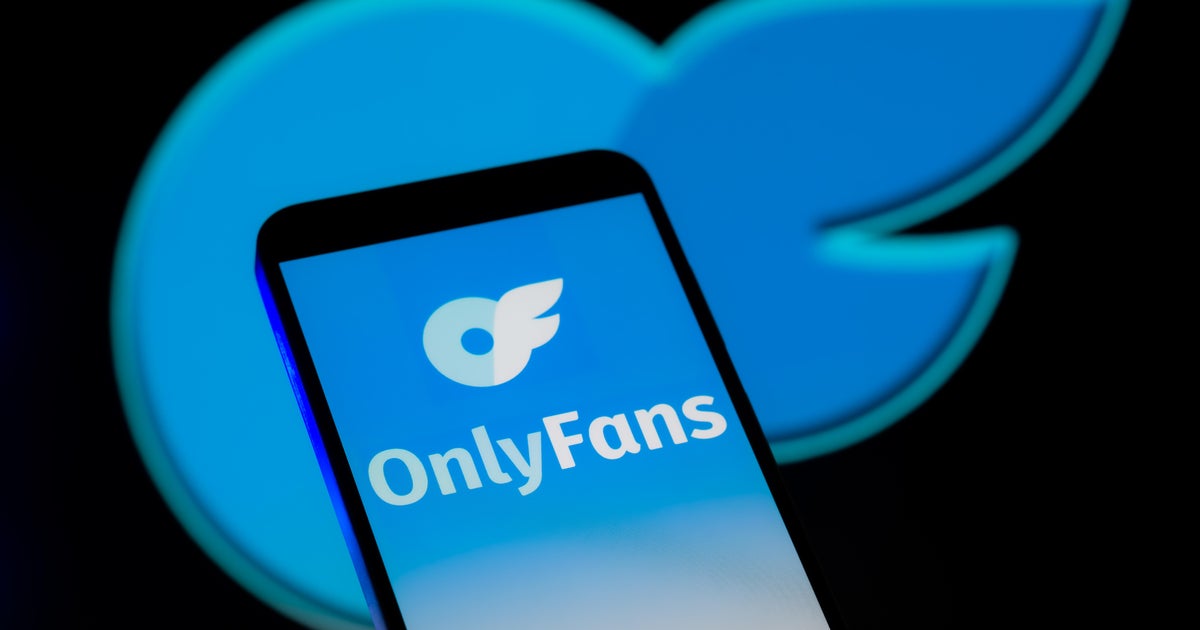A months-long hearing kicked off Monday in a fierce licensure battle over a rare opportunity to join the state’s medical marijuana industry.
The hearing, slated to run through mid-February, comes nearly a year after Florida health regulators announced their intent to award medical marijuana licenses to 22 of dozens of applicants who vied for the licenses.
Legal and administrative wrangling began almost immediately after the November 2024 announcement, leaving 13 of the rejected applicants to participate in the hearing before Administrative Law Judge Mary Li Creasy that began Monday.
The Florida Department of Health, along with nearly all of the companies selected for licensure, also are part of the complex administrative procedure involving hundreds of exhibits and days of witness and expert testimony.
Scoring disputes take center stage
Most of the losing applicants are trying to convince Creasy that the state health agency — and the people hired to evaluate the applications — erroneously gave their proposals a score lower than they should have received. Scores ranged from roughly 1,450 points to roughly 3,280 points, with the lowest score of an intended awardee at 2,826 — just a point ahead of one of the challengers.
During opening statements Monday morning, attorney Will Hall, who represents applicant Liner Source, Inc., told Creasy that his client came in at only 23 points below the lowest-scoring applicant selected for a license. Hall said that Liner Source received a score of five out of 60 potential points on the “cultivation” section of the application — far lower than some of the other applicants.
Hall argued, in part, that the score was flawed because Liner Source showed on its application that it had secured a significant amount of cultivation infrastructure and equipment.
For Creasy to find that Liner Source’s score was accurate, she would “have to find they had a below-average ability to secure what they already secured,” Hall said.
“That’s not going to work,” he added.
Eligibility challenges and industry context
In addition to considering whether the 13 challengers received the appropriate scores, Creasy also is weighing whether some applicants were wrongly excluded from getting a license for other reasons.
MSD Enterprises LLC received among the highest scores but is fighting to get a license after being rejected because regulators said they did not provide the names of every “natural person” affiliated with the applicant, as required by state rule.
Another losing applicant, Niraam LLC, is disputing that its application was ineligible because of a prohibition against ownership in more than one medical marijuana license.
The new licenses are required under a 2017 law that called for boosting the number of licenses as the number of eligible patients, which currently exceeds 930,000, increases.
The current round of licensing, which began in 2023, is the first major opportunity for newcomers to the industry to vie for licenses since the 2017 legislation passed. An initial round of licenses was based on a 2014 law that legalized non-euphoric cannabis for a limited number of patients. The state currently has 25 licensed operators who run 736 dispensaries throughout the state.
A decade of licensing struggles
Ed Lombard, an attorney who represents the Florida Department of Health, noted that Monday’s hearing was taking place “almost 10 years to the month” since the state issued the first batch of medical marijuana licenses.
“Surprise surprise, the losers are unhappy with their scores. Knock me over with a feather,” Lombard said.
The state received 72 applications in April 2023 for the batch of licenses that will nearly double the number of medical marijuana operators in the state.
Businesses eager to join Florida’s medical marijuana industry at the time were banking in part on a 2024 proposed constitutional amendment that would have legalized recreational marijuana. Gov. Ron DeSantis campaigned strenuously against the proposal, which narrowly failed to get the 60 percent approval required to pass.
Smart & Safe Florida, the political committee behind the 2024 proposal, are backing a similar initiative for the 2026 ballot. The committee has largely been bankrolled by Trulieve, the state’s largest medical marijuana operator, which spent $145 million on last year’s effort.



